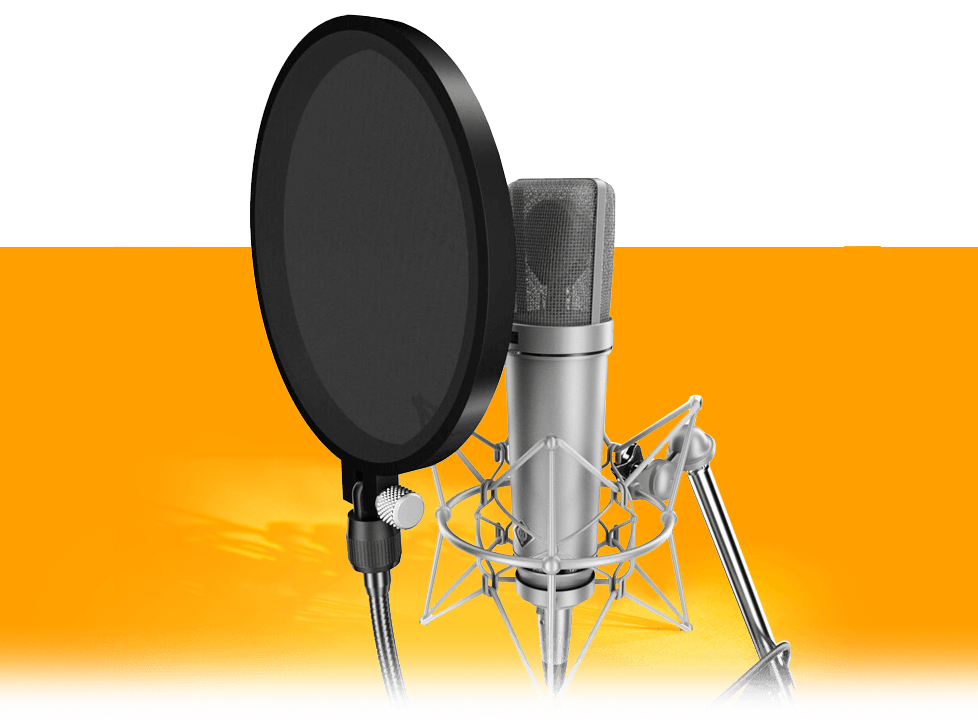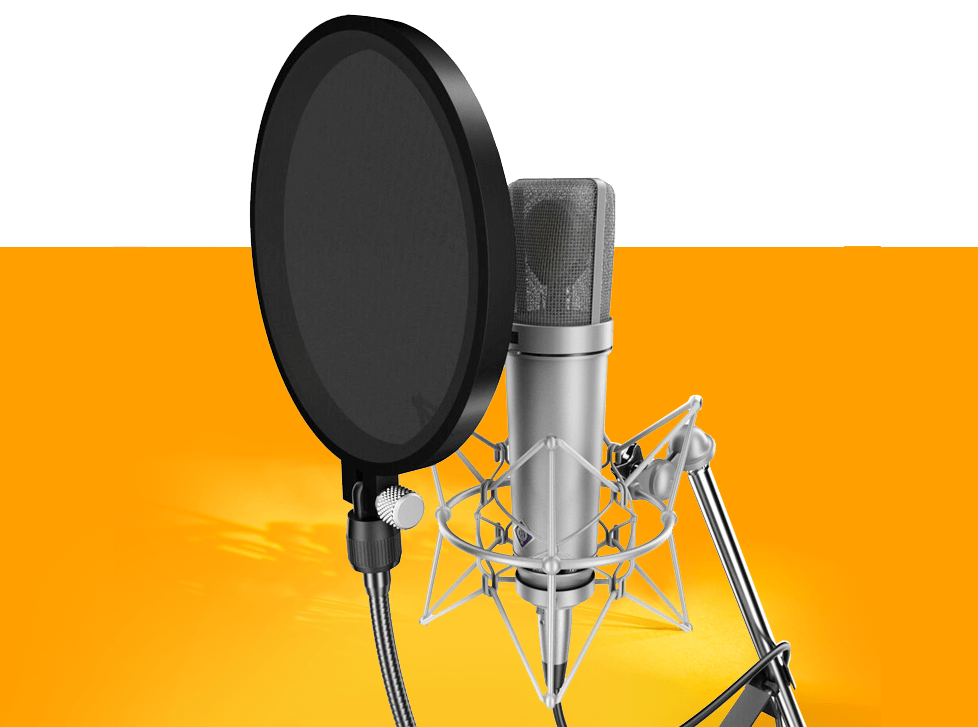Digital vs. Analog Audio Recording: What’s the Difference?
Jeremy Alves | October 24, 2023
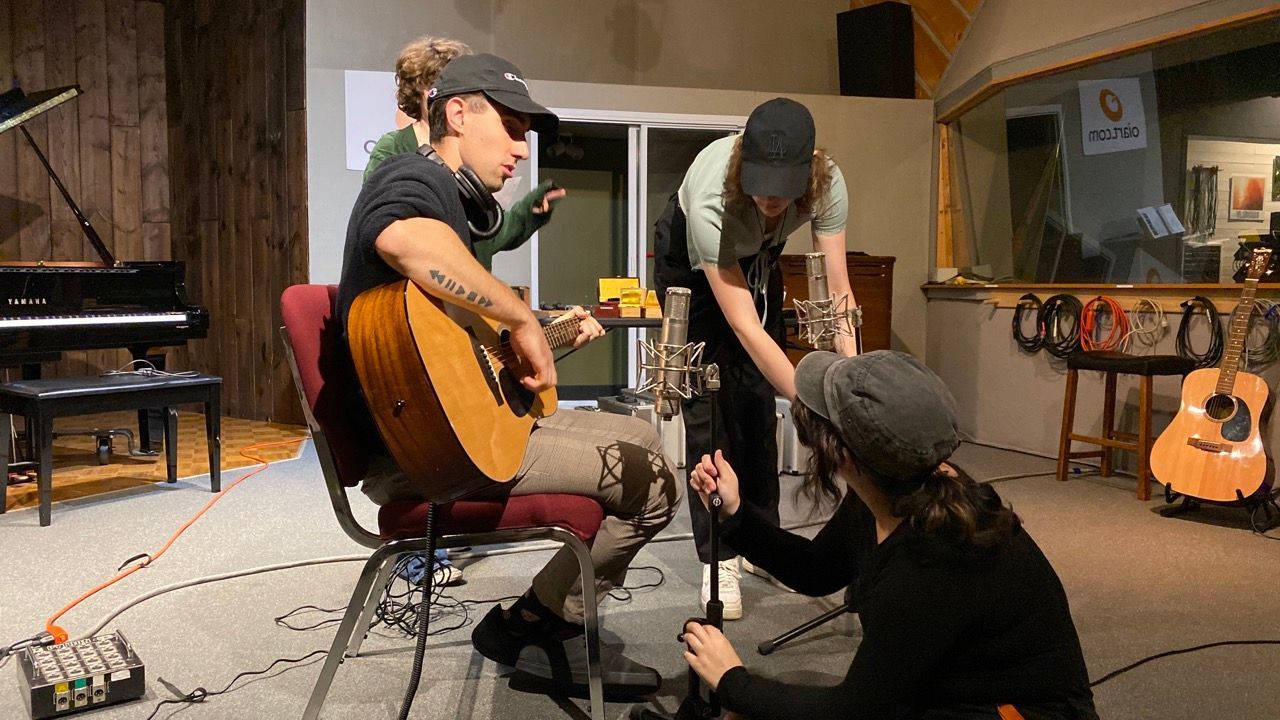
Digital and analog audio recording are distinct methods for capturing sound. The differences between them affect the overall result, making it crucial for audio engineers to choose carefully based on the project's goals.
Analog records sound as continuous waveforms on physical media, offering a warm and natural character, albeit with potential degradation. Conversely, digital translates sound into numerical data via sampling and quantization, yielding accurate fidelity and convenient editing.
Deciding between them hinges on preferences; neither option is better than the other in every scenario. Some artists and producers favour analog aesthetics over digital precision, while others prefer digital sound for the project. Additional factors like budget and equipment availability also play a role.
It's common for modern recordings to blend both approaches to leverage their unique strengths. Attending an
audio recording course will give you
hands-on experience with different types of equipment, so you’re ready to use one or both in your projects.
Understanding the differences is crucial to understanding how to take a hybrid approach or focus on one over the other. So, read on to learn more about both types of recording.
OIART's Audio Program Includes:
✓ Small Class Sizes
✓ On Site Facilities
✓ Industry Leading Instructors
✓ Post Grad Support & Guidance
✓ Exclusive 11 Month Program
What’s the Overall Difference Between Digital and Analog?
Audio engineering has a wide range of applications, from video game audio engineering to mastering the song of the summer. A common responsibility of an engineer is capturing sound, so having a solid grasp of analog and digital recording is crucial.
Let’s take a step back from recording and look at digital and analog at a fundamental level. The overall difference between digital and analog audio recording can be summarized in several key aspects:
- Representation of sound: An analog sound is a continuous, smooth waveform. Digital sound is represented by numerical values obtained through sampling and quantization.
- Signal processing: Signal processing is a crucial component of digital and analog. In analog, processing involves manipulating the continuous electrical signal directly, often using analog hardware. Digital signal processing involves manipulating numerical values using digital algorithms and software.
- Sound fidelity and quality: Proponents of analog argue that analog recordings can offer a warmer and more natural sound due to the continuous representation of sound waves. High-quality digital audio can achieve an accurate representation of sound, but digital recordings can sometimes exhibit artifacts like quantization noise.
- Editing and manipulation: If never digitized, editing analog recordings involves physically cutting and splicing tape, which can be more labour-intensive and less precise. Digital recordings allow for precise and non-destructive editing, making manipulating individual samples and applying various effects easier. This disparity is why a hybrid approach is more common than going pure analog.
- Durability and degradation: Analog recordings can degrade over time due to wear and tear, temperature, and humidity. They may also be susceptible to noises and hisses that worsen with every play. Digital recordings are relatively immune to degradation but can still be affected by factors like data corruption, making backups and duplicates crucial.
Each method has advantages and disadvantages, and the choice between them often depends on factors such as sound quality preferences, intended use, and available technology.
The Difference Between Analog and Digital Recording
Now, let's explore how these differences affect the world of audio recording. Digital and analog audio recording are two different methods of capturing and storing sound. Recording schools prepare you for working with both. Let’s break down these differences between exploring advantages.
Analog Audio Recording
Analog recording is the older of the two methods, and it involves capturing sound by directly imprinting it onto a physical medium. The most common analog recording mediums are magnetic tape and vinyl records. Here's how analog recording works:
- Sound wave representation: Analog recording represents sound as continuous waves — the electrical signal generated by a microphone's diaphragm or any sound source directly analogies the original sound.
- Signal processing: These types of recordings can undergo various signal processing techniques, like equalization and compression, which manipulate the electrical signals directly. These processes can enhance or modify the sound.
- Storage: The captured analog signal is stored on a physical medium, typically a magnetic tape. The signal is stored continuously and smoothly, without any discrete steps.
- Playback: To play back an analog recording, a playback device reads the physical medium and converts the analog signal back into audible sound (turntable for vinyl records or reel-to-reel machine for tape).
Digital Audio Recording
Digital recording is a more modern method that involves converting sound into numerical data that can be stored and manipulated electronically. Here's how digital recording works:
- Sampling: In digital recording, the continuous analog sound wave is sampled at regular intervals. Each sample represents the amplitude of the sound wave at a specific point in time.
- Quantization: The samples' amplitude values are quantized, meaning they are assigned specific numerical values. This process digitizes the analog signal, turning it into a series of discrete values.
- Storage: The digitized samples are stored as binary data (1s and 0s) on a digital storage medium.
- Playback: The binary data is converted back into analog signals using a digital-to-analog converter (DAC) to play back digital recordings. This analog signal is then sent to speakers or headphones to produce sound.
The Key Differences To Understand
Both recording methods have their strengths and weaknesses, and the choice between digital and analog often depends on the specific goals, preferences, and equipment available.
- Sound fidelity: Analog recordings can capture the continuous nature of sound waves, which some audiophiles argue results in a warmer and more natural sound. Digital recordings are based on discrete samples and can sometimes exhibit artifacts like quantization noise.
- Signal quality: Analog recordings can degrade over time due to factors like tape deterioration or wear on vinyl records. Digital recordings can be copied and reproduced without loss of quality as long as the bit depth and sampling rate are maintained.
- Editing: Digital recordings are more flexible for editing due to their numerical nature. You can manipulate individual samples with precision. Analog recordings are less flexible, and editing often involves physically cutting and splicing tape.
- Portability and storage: Digital recordings are easier to store, duplicate, and distribute due to their digital format. Analog recordings require physical storage space and can degrade with each generation of copying.
Remember that a hybrid approach can help blend the advantages of both methods to get the sound you want without sticking to analog methods of editing and storage.
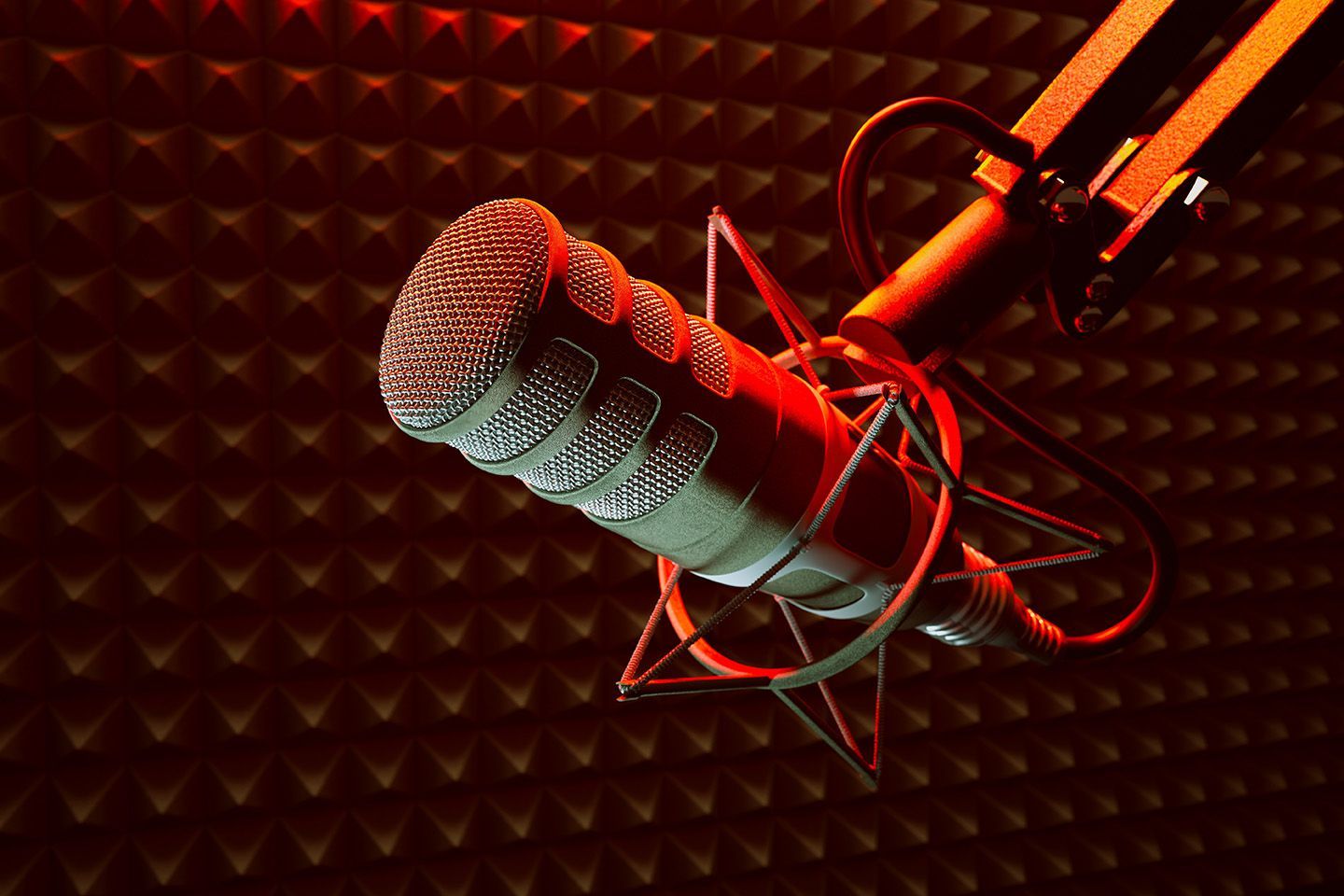
Digital vs Analog: Which is Better?
So which is better? This frequently debated question has no direct answer — it depends on various factors unique to every project, including personal preferences, the intended use, and the specific characteristics of each recording method.
It's also worth noting that technological advancements have made digital recordings more indistinguishable from analog sound quality, making the decision even more nuanced.
Both digital and analog recording have their strengths and weaknesses, so what is considered "better" can vary from project to project.
Sound engineering requires understanding how to use or blend these methods based on current needs.
Advantages of Digital Recording
- Accuracy: Digital recordings can achieve high accuracy and fidelity, especially at higher bit depths and sampling rates.
- Editing: Digital recordings allow for precise and non-destructive editing, making manipulating and shaping audio easier.
- Convenience: Digital recordings can be easily duplicated, stored, and distributed without quality loss.
- Signal Processing: Digital signal processing offers many possibilities for applying effects, corrections, and enhancements.
- Durability: Digital recordings are less prone to physical degradation over time.
Advantages of Analog Recording
- Sound Aesthetics: Some people prefer the warmer, more natural sound often associated with analog recordings.
- Artistic Expression: Analog recording can offer a unique creative process due to its limitations and characteristics.
- Tactile Experience: Analog recording involves physical interaction with equipment, which some find enjoyable and immersive.
- Vintage Appeal: Analog recordings have historical and nostalgic value, and analog equipment can be visually appealing.
Ultimately, It’s Up to You
The choice between digital and analog recording is subjective and should be based on your artistic vision, practical needs, and available resources. The "better" choice depends on what you prioritize.
- Sound quality: If you're after pristine accuracy and have access to high-quality digital equipment, digital recording might be preferable.
- Artistic intent: If you're seeking a specific analog character or vintage vibe, analog recording could be more suitable.
- Convenience and workflow: For efficient editing, copying, and distribution, digital recording is generally more convenient.
- Equipment and budget: The equipment's availability and budget could influence your decision. High-quality analog equipment can be expensive to acquire and maintain.
Keep in mind that many modern recordings incorporate a combination of both methods. For example, some artists might record in analog for a specific aesthetic and then digitize the results for editing and distribution.
Learn How to Work with Digital and Analog Audio at OIART
It’s vital for a professional sound engineer to understand how to use both recording methods and have a strong understanding of the differences between them. Attending an audio engineering program teaches you the fundamentals and gives you hands-on experience with different equipment.
OIART is an industry-leading institute for students wishing to become audio engineers or music producers. Our curriculum offers hands-on experiences with both cutting-edge technology and classic equipment. You’ll learn the foundational theories behind both digital and analog signals.
Are you ready to take a decisive step towards your new career?
Apply to OIART today or
contact us to learn more.
Ready to Start?
OIART's Audio Program Includes:
✓ Small Class Sizes
✓ On Site Facilities
✓ Industry Leading Instructors
✓ Post Grad Support & Guidance
✓ Exclusive 11 Month Program
Top Reasons Why You Should Choose OIART.
Have Questions?
If you have questions about our audio engineering and music production program or would like to book a tour, we would be pleased to speak with you.
Text Us: 519.200.4151
Share This With a Fellow Music Lover
Apply in 4 Steps!
Step 1: Click apply now.
Step 2: Answer 8 questions about yourself.
Step 3: Upload supporting documents.
Step 4: That's it! You are done.
Share this with fellow music lovers
